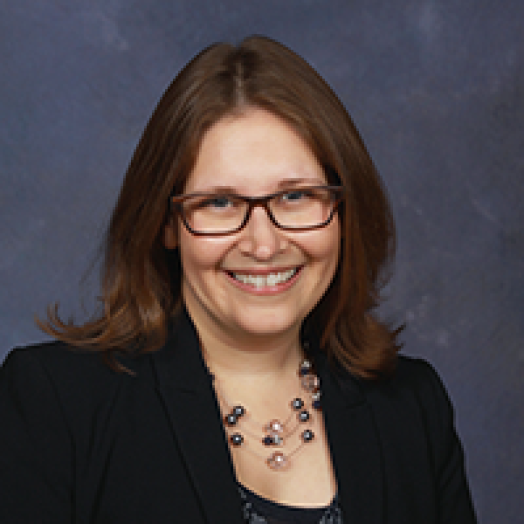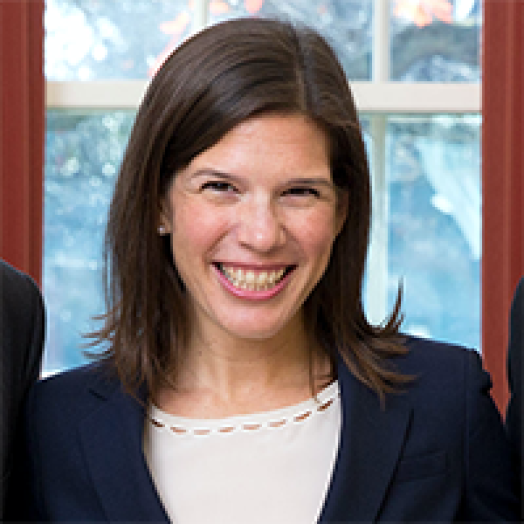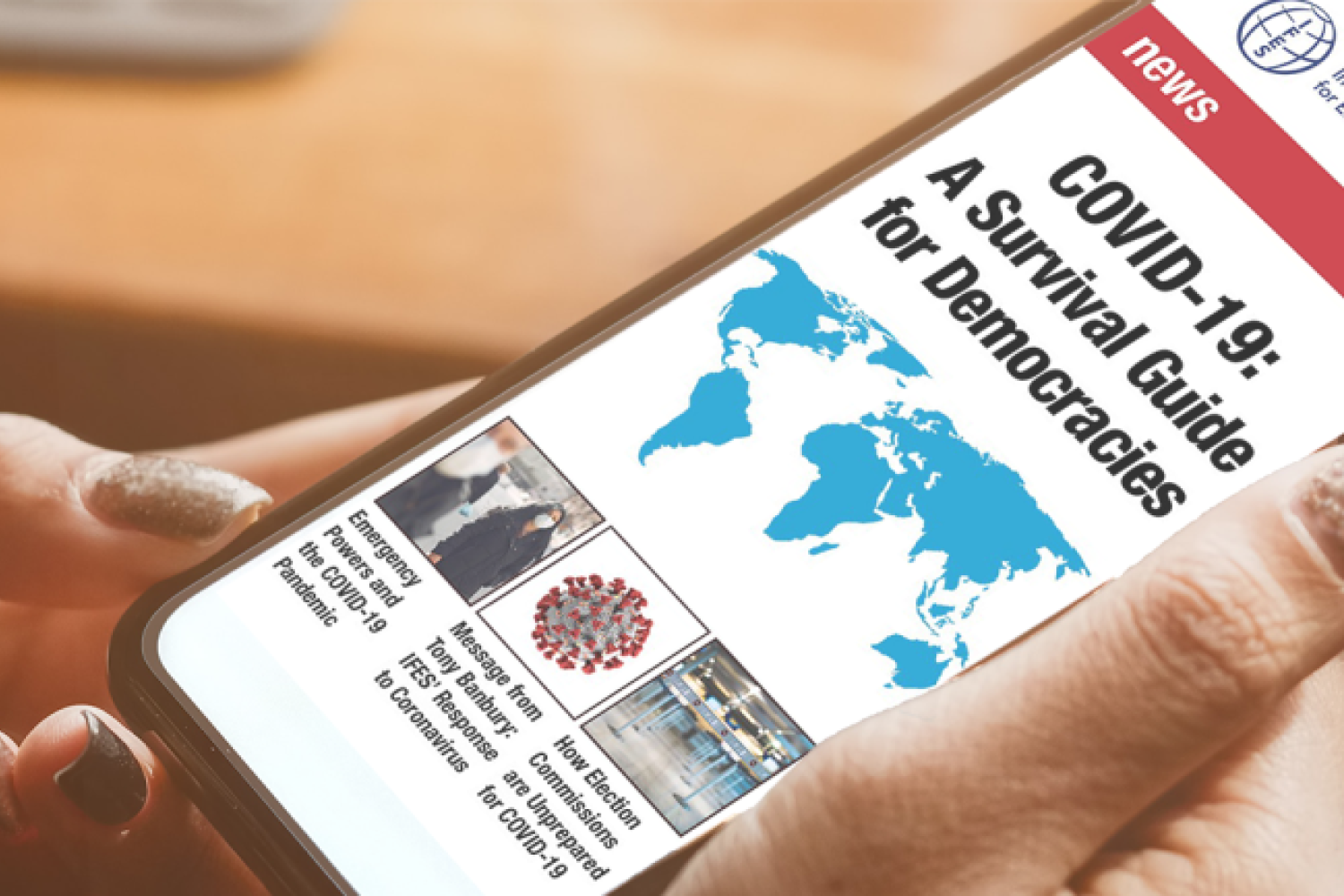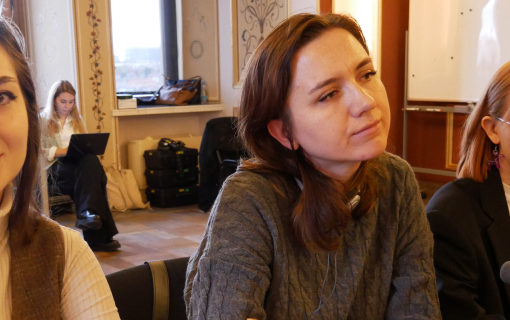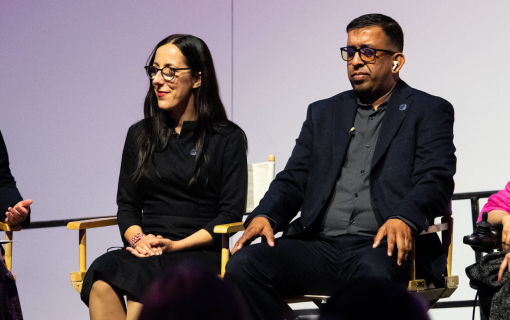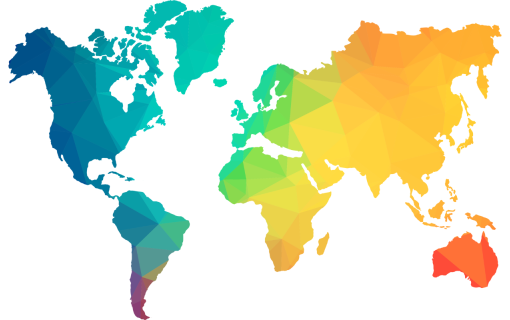
IFES Joins Inclusive Generation Equality Collective
The International Foundation for Electoral Systems (IFES) has signed on to endorse the Statement of the Inclusive Generation Equality Collective, a group of feminists with disabilities and advocates for gender and disability rights and justice around the world.
One in five women in the world has a disability, according to the World Health Organization. Far too often the voices of all women are not included in the political process. IFES is committed to the political inclusion of women with disabilities and promotes their participation through initiatives such as “Power to Persuade: Empowering Women with Disabilities to Influence Public Policy.” By endorsing the Inclusive Generation Equality Collective statement, IFES is joining efforts with over 160 organizations committed to advancing the rights of women with disabilities throughout the world.
“IFES believes the full engagement of women with disabilities in political life is key to sustainable development and leads to more inclusive outcomes for all citizens. The Inclusive Generation Equality Collective’s work demonstrates the capacity and transformative role women with disabilities can have in political leadership, especially during a time when COVID-19 has laid bare inequalities around the world.”
– Virginia Atkinson, IFES Senior Global Advisor, Inclusion
The March 2021 statement details the collective’s priority areas to ensure the Generation Equality Forums (GEFs) are inclusive to all feminists, including feminists with disabilities, and to promote transformative change. GEF is a global gathering for gender equality, convened by United Nations Women and co-chaired by the governments of France and Mexico, in partnership with civil society and youth organizations. Its seven priority areas intersect gender and disability and simultaneously parallel the key themes of the GEFs: gender-based violence; economic justice and rights; sexual and reproductive health and bodily autonomy; feminist action for climate change; intersectional technology and innovation approaches; diversity in feminist movements and leadership; and participation of feminists with disabilities in GEFs.
Three of the collective’s priority areas are key to ensuring inclusive political participation moving forward. Ensuring all technology and innovation actions recognize and promote accessibility and inclusivity is essential in securing inclusive political participation. During the COVID-19 pandemic, election campaigns, voter registration and dialogues about the electoral process moved online. Additionally, when leaders and movements are inclusive of all women, the voices of women with disabilities are represented in the political process. Finally, prioritizing the participation of all feminists with disabilities in the GEFs creates a collective of diverse women whose voices, concerns and priorities can be part of broader advocacy initiatives.
Published on May 21, 2021.




